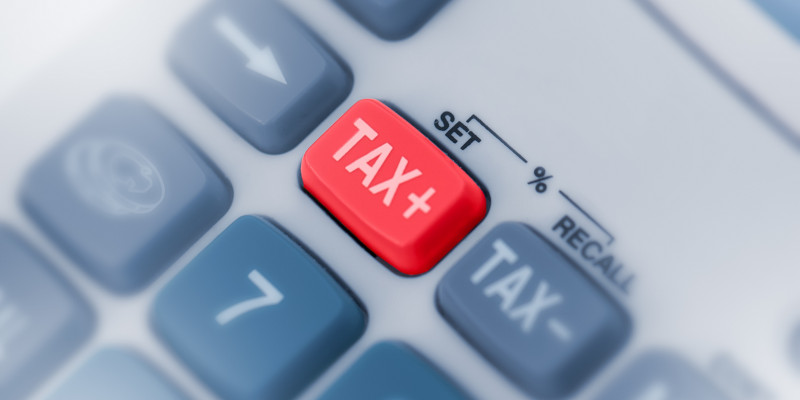
How to Increase Your Tax and Accounting Firm’s Profitability
Increasing profitability is essential in business. To achieve success, companies need to generate revenue that exceeds their expenses. There are many ways to increase profitability, but it is essential to consider all aspects of the business before making any decisions. It is also important to consider the long-term when increasing profitability. Many businesses make the mistake of sacrificing long-term growth for short-term gains. While it is important to generate profits, it is also essential to invest in the future of the business. This includes research and development, marketing, and employee training. By investing in the future, businesses can ensure that they will be able to continue to generate profits in the years to come. In today’s article, let’s explore how you can increase the profitability of your tax and accounting firm. Here’s what you need to know: Create a Referral plan One of the best ways to increase your profitability is to create a referral plan. Creating a referral plan can encourage your clients to refer their friends and family to your firm. This can lead to more business for your firm and more revenue. There are a few different ways that you can create a referral plan. One way is to offer a discount to clients who refer someone to your firm. Another way is to provide a referral fee to clients who refer someone to your firm. You can encourage your clients to refer others to your firm by offering a discount or referral fee. This can lead to more business and more revenue for your firm. Cross-Sell Tax and Accounting Services to Existing Customers Many customers need to be made aware of all the services you offer. Make sure you include all of your services in your marketing materials and website. You can also mention your services when you are meeting with clients. The better your relationship with your customers, the more likely they will use your services. Get to know your customers and their needs. This will help you provide the best possible service and increase the likelihood of repeat business. Elevate Your Firm’s Brand and Perceived Value Make sure your website and marketing materials are top-notch. Your website is often the first impression potential clients will have of your firm, so it’s important to ensure it’s professional and up-to-date. In addition to a modern design, your website should be easy to navigate and contain clear and concise information about your firm and the services you offer. Your marketing materials should also be of the highest quality. This includes everything from your business cards and letterhead to your brochures and website copy. Make sure your materials are branded and consistent in tone and messaging. Expand Your Accounting Services There are a number of services you can offer to help your clients expand their businesses. These include business planning, financial forecasting, and marketing consulting. You can help your clients identify new opportunities and develop strategies to capitalize on them by offering these services. In addition to offering services to help your clients expand their businesses, you can also expand your accounting practice. One way to do this is to provide subspecialty services such as tax or estate planning. By offering these services, you can differentiate your practice from others in the market and attract new clients. The Bottom Line There are many ways to increase the profitability of your tax and accounting firm. One way is to focus on providing high-quality services to your clients. Another way is to focus on marketing and selling your services to potential clients. Finally, you can improve your internal operations to run your business more efficiently. As tax preparers, you are the experts in these situations, but you can’t deny that it can be much to handle. At Keystone Tax Solutions, we want to help you. We offer the best professional tax software to make your and your client’s life easier!






























